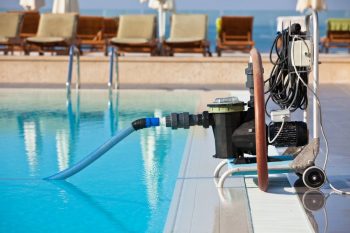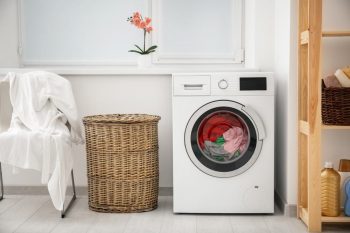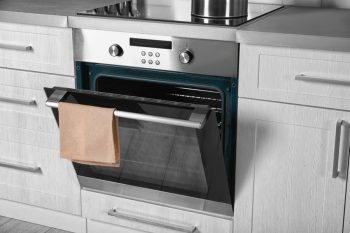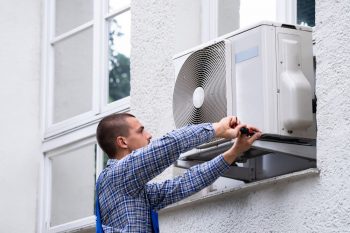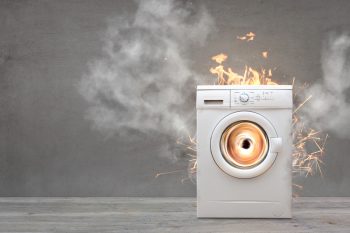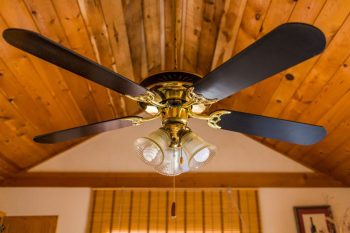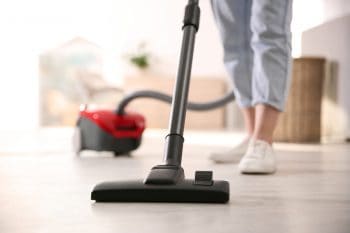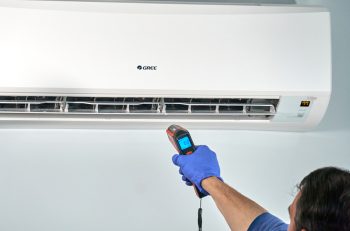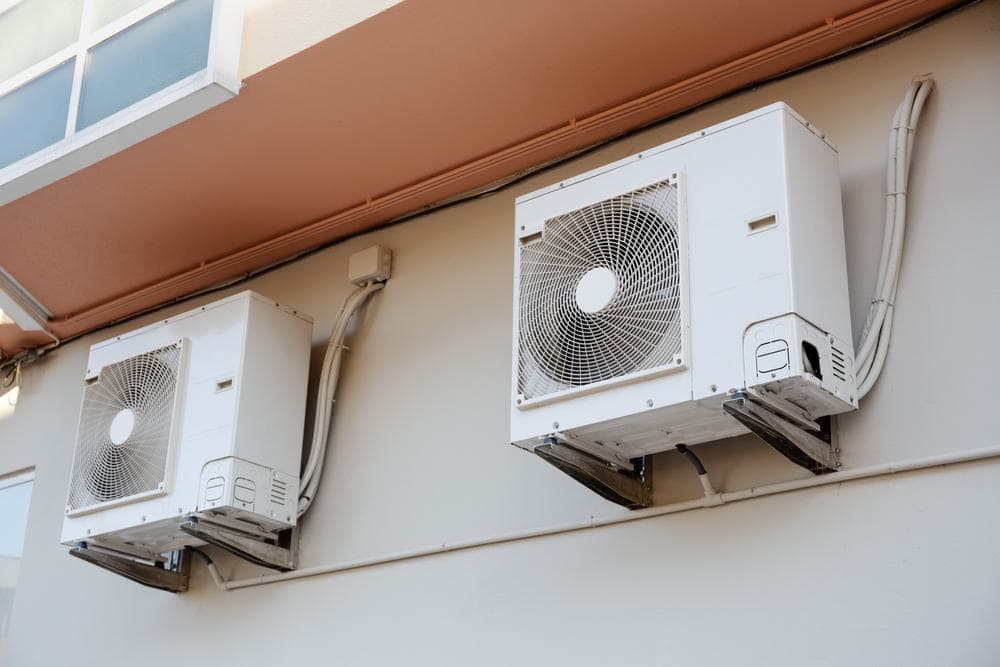
As an HVAC professional, I often get asked about the different types of air conditioners available in the market. One term that frequently comes up is ‘SEER,’ specifically ’18 SEER.’ So, what is an 18 SEER air conditioner, and why should you consider one for your home? Let’s dive deep into this topic.
An 18 SEER air conditioner is a cooling system with a Seasonal Energy Efficiency Ratio (SEER) rating of 18. This rating indicates that the air conditioner is highly energy-efficient, consuming less power to cool your home compared to lower-rated units. The higher the SEER rating, the more energy-efficient the unit is, potentially saving you money on monthly utility bills.
Understanding SEER Ratings
SEER stands for Seasonal Energy Efficiency Ratio. It’s a measure of an air conditioning unit’s energy efficiency over an average cooling season. The higher the SEER rating, the more energy-efficient the unit is. In simple terms, a higher SEER rating means the air conditioner operates using less energy, potentially saving you money on monthly utility bills.
The 18 SEER Air Conditioner: A Closer Look
An 18 SEER air conditioner is a cooling system with a SEER rating of 18. This rating indicates that the unit is highly energy-efficient, consuming less power to cool your home compared to lower-rated units. For instance, an 18 SEER unit is about 20% more efficient than a 14 SEER unit and around 12.5% more efficient than a 16 SEER unit.
Most 18 SEER air conditioners come with advanced features such as a two-stage compressor, variable-speed blower, and enhanced humidity control. These components allow the air conditioner to operate at lower, more efficient speeds most of the time, providing more consistent cooling and better humidity control.
Benefits of an 18 SEER Air Conditioner
Energy Efficiency
An 18 SEER air conditioner is more energy-efficient than those with lower SEER ratings. This higher efficiency translates into lower energy consumption, reducing your energy bills.
Cost Savings
According to the U.S. Department of Energy, replacing an old air conditioner with a higher SEER-rated air conditioner can save 20%–40% of your cooling energy costs.
Environmental Impact
Air conditioners with higher SEER ratings are more eco-friendly because they consume less energy, leading to lower greenhouse gas emissions.
Improved Indoor Comfort
A more efficient system can cool a space more quickly, lessening the amount of time it runs, and providing better indoor comfort.
Things to Consider
While an 18 SEER air conditioner offers many benefits, there are a few things to consider:
- Initial Cost: 18 SEER air conditioning systems generally have a higher upfront cost compared to lower SEER units. However, the increased efficiency can lead to long-term energy savings, which may offset this initial investment.
- Maintenance and Repairs: More advanced systems may have more complex components that could potentially require specialized maintenance or repairs.
- Proper Installation and Sizing: To achieve the maximum efficiency and comfort benefits of an 18 SEER air conditioner, it is crucial to ensure that the system is correctly installed and sized for your home.
Conclusion
An 18 SEER air conditioner can be a great investment for those looking for long-term energy savings and improved indoor comfort. While the initial cost might be higher than lower SEER units, the long-term benefits often outweigh the upfront investment. As always, it’s important to consult with a trusted HVAC professional to determine the best air conditioning system for your specific needs and preferences.
Frequently Asked Questions
What is a two-stage compressor in an 18 SEER air conditioner?
A two-stage compressor in an 18 SEER air conditioner allows the unit to operate at two different speeds – high for hot summer days and low for milder weather. The low speed is sufficient for most of the year and is more energy-efficient, contributing to the unit’s high SEER rating.
How is the SEER rating calculated?
The SEER rating is calculated by dividing the cooling output of an air conditioner over a typical cooling season by the total electric energy input during the same period. The higher the SEER rating, the more energy-efficient the air conditioner is.
Is a higher SEER rating always better?
While a higher SEER rating implies better energy efficiency, it doesn’t necessarily mean it’s the best choice for everyone. Factors such as your local climate, the size of your home, and the amount you use your air conditioner should also be considered. In some cases, a lower SEER unit may be more cost-effective.
Are there any federal standards for SEER ratings?
Yes, the U.S. Department of Energy has established minimum SEER ratings for air conditioners. As of 2015, the minimum SEER rating for air conditioners sold in the U.S. is 13 or 14, depending on the region.
Can an 18 SEER air conditioner be used in commercial settings?
Yes, an 18 SEER air conditioner can be used in commercial settings. However, the specific needs and requirements of the commercial space should be considered to ensure the unit is the right fit. For larger commercial spaces, a unit with a higher cooling capacity may be necessary.

